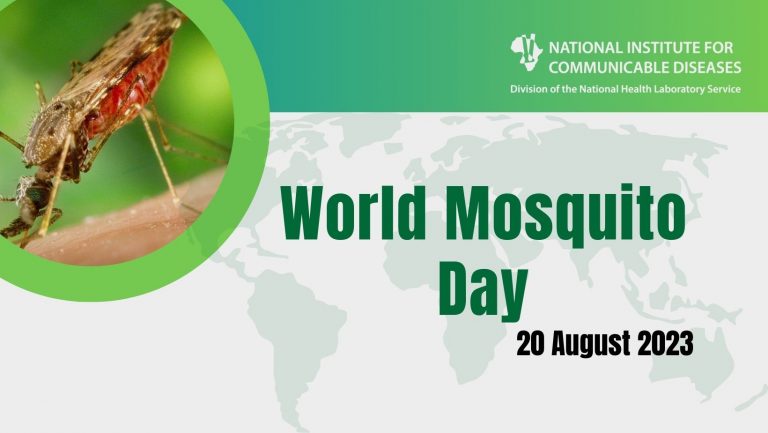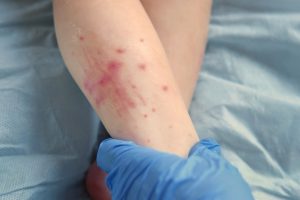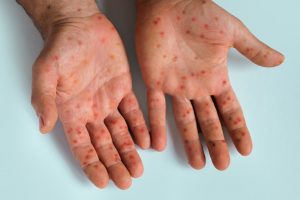In honour of World Mosquito Day, here are three important mosquito-related facts concerning malaria.
A dangerous new mosquito invader
Anopheles mosquitoes, the vectors of malaria, rarely move into new areas. Recently, however, Anopheles stephensi, a malaria vector native to Asia and the Arabian Peninsula, has invaded parts of Africa and is spreading quite fast. This mosquito is particularly difficult to control as it breeds in rural and urban areas, is active outdoors, and is resistant to many insecticides. This species has not been detected in southern Africa, but if it reaches this region, it will make malaria control and elimination even more challenging.
The complex effect of climate change
There is growing concern over the impact that climate change could have on malaria and other vector-borne diseases. Although it is difficult to predict the effects, we know that:
- Warmer temperatures will speed up mosquito development and extend the malaria transmission season.
- Changes in temperature will affect the development of the malaria parasite within the mosquito, either positively (quicker development) or negatively (inhibit development).
- The geographic extent of endemic malaria may increase in areas experiencing greater rainfall and higher temperatures, and may recede where climate change causes reduced rainfall and/or prolonged drought.
Elimination is not the end of the road for malaria endemic countries
The recent malaria outbreak in the USA decades after the disease had been eliminated there serves as a stark warning to countries trying to eliminate malaria. It is unclear whether this recent outbreak is linked to climate change, but while local malaria vectors exist and malaria parasites can be imported, there is always the risk of a localised malaria outbreak.
To test your knowledge on malaria vectors, click here.





